Current Lab Members
This section introduces the current members of the Mobility Information Engineering lab.
Prof. Dr. Martin Raubal
Martin Raubal is a Professor for Geoinformation Engineering at the Institute of Cartography and Geoinformation, ETH Zurich. He is also an Adjunct Professor at the Department of Geography, University of California, Santa Barbara (UCSB).
More info at raubal.ethz.ch.

Nishant Kumar
Nishant is a PhD student working at the Future Resilient Systems (FRS) at Singapore-ETH Centre. He is involved in exploring the applications of machine learning on spatio-temporal data. Within this paradigm, his focus is on making transportation systems more resilient to continuous and abrupt changes in the system.
He majored in Civil Engineering and studied Computer Science during his master’s, as part of which he worked on the applications of machine learning in computer vision. A comparison of traditional approaches vs machine learning approaches was an important part of his work. His mixed background drew him to Transportation as a domain of work.
Methodological focus: Machine learning for spatio-temporal data, computer vision, detection of weak signals
More info at https://frs.ethz.ch/people/researchers/NishantKUMAR.html.

Ye Hong
Ye joined the lab in October 2020 as a Doctoral student. He holds a B.Sc. in GIS and remote sensing from Sun Yat-sen University, China, and an M.Sc. in Geomatics from ETH Zurich. His current work focuses on mobility behavior understanding, individual mobility prediction, and mobility modeling.
Methodological focus: Spatio-temporal data mining and analysis, machine learning, and generative models.
Feel free to get in touch: hongy@ethz.ch

Yatao Zhang
Yatao is working as a Ph.D. student at the Future Resilient Systems (FRS) at Singapore-ETH Centre. His current research focuses on developing context-based spatiotemporal analysis models, handling uncertainty in contextually enriched mobility data and urban sensing.
Methodological focus: Spatio-temporal data mining and fusion, machine learning, and computer vision.

Nina Wiedemann
Nina started in July 2021 as a Ph.D. student in the MIE Lab. Before, she studied Cognitive Science and Data Science with a focus on machine learning and optimisation theory, and worked on various applied projects ranging from medical image analysis to robotics.
Her research aims at developing learning methods and algorithms to optimise transportation, with an emphasis on sustainable mobility.
Methodological focus: Graph theory and optimisation, machine learning for spatial data.

Ayda Grisiute
Ayda started working as a Ph.D. student in the Mobility Information Engineering (MIE) Lab at the Chair of Geoinformation Engineering at ETH Zurich in May 2023. Her research interests lie in the area of digital twins, urban knowledge representation and quantifying relationships between spatial context and micro-mobility.
Methodological focus: Urban digital twins, knowledge representation, analysis of spatio-temporal data.
Feel free to get in touch: agrisiute@ethz.ch
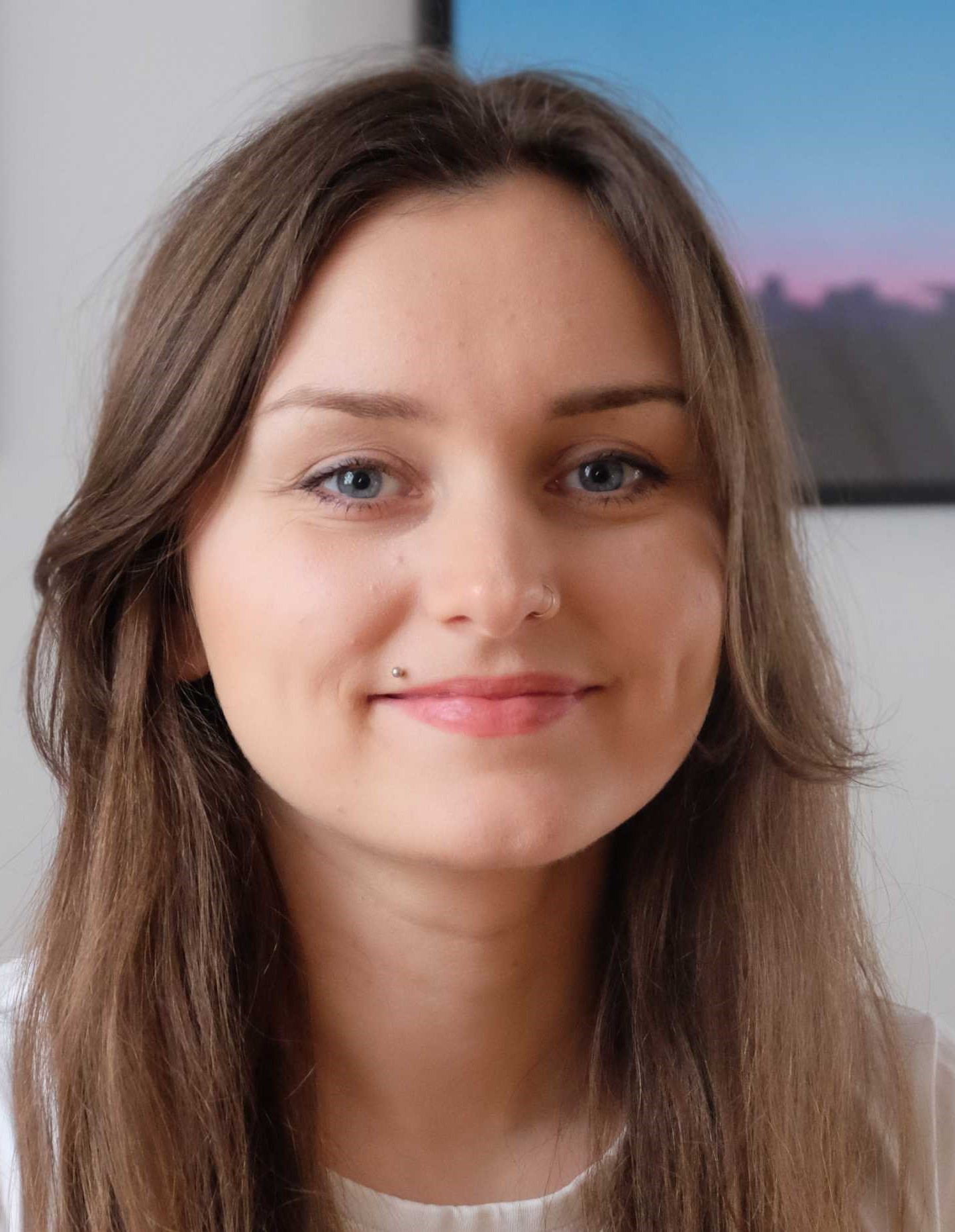
Former Lab Members
Dr. Yanan Xin
Yanan led the MIE Lab as a Senior Assistant (Oberassistent) at the Chair of Geoinformation Engineering, ETH Zurich. She joined MIE Lab in September, 2020 as a postdoctoral researcher and has served as the Lab Leader until 2024. She obtained her PhD in Geographic Information Science from the Department of Geography, The Pennsylvania State University. Her research interests lie in computational mobility analysis, mainly focusing on spatial causal inference in transportation and mobility, the development of interpretable machine learning methods for analyzing mobility data, mobility-based anomaly detection, and the intersection between mobility and energy.
Methodological focus: movement data analysis, spatial causal inference, interpretable machine learning, anomaly detection, spatial statistics, and Geographic Information Science (GIScience)

Dr. Henry Martin
Henry was a PhD student in the Mobility Information Engineering Lab (MIE) at the Chair of Geoinformation Engineering at ETH Zürich. He was involved in the SBB Green Class project.
In general, he is interested in applying modern data analysis methods to spatio-temporal problems and investigating the role of mobility in our way towards a more sustainable energy system.
Methodological focus: Analysis and mining of spatio-temporal data, stochastic modeling, machine learning, and energy systems
More info at https://n.ethz.ch/~martinhe.

Dr. Jascha Grübel
Jascha Grübel worked as a postdoctoral researcher at Mobility Information Engineering (MIE) Lab and was the leading researcher on the project Digital Twin for the Swiss Mobility System at the Center for Sustainable Future Mobility (CSFM). Jascha defended his doctorate in December 2022 in Computer Science at ETH Zurich. His research interests lie in human behaviour, (behavioural) experiments, the Internet of Things, digital twins, extended reality, and mobility from a perspective of data processing and framework development. Jascha is also investigating navigation behaviour, learning in augmented reality, and serious gaming for health care.
Methodological Focus: Human Behaviour, Experimental Methods and Design, Serious Gaming, DevOps, Sensors & IoT, Digital Twin, Software Engineering, processing of spatio-temporal data, machine learning, and data mining.
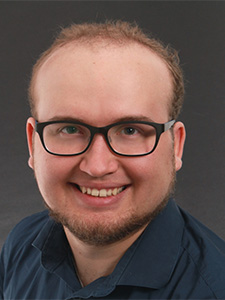
Dr. Esra Suel
Esra was a Senior Assistant at the Chair of Geoinformation Engineering, ETH Zurich, from 2021 to 2022. She holds a Health Data Research Fellow position at the School of Public Health, Imperial College London. She obtained her PhD from the Centre for Transport Studies at Imperial College London. Esra’s recent work focuses on using emerging sources of digital data (e.g., street-level and satellite images) to characterise urban environments and inequalities in housing, land use, and transportation.
Methodological focus: Spatio-temporal modelling, deep learning, choice modelling, cluster analysis, fusing (traditional, semantically rich) survey data with emerging (large-scale, low-cost, passively generated) data
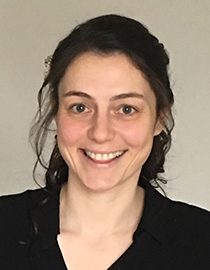
Dr. Dominik Bucher
Dominik was a PhD student at the Chair of Geoinformation Engineering at ETH Zurich. He was working on the SCCER Mobility project GoEco!, which aims at reducing energy usage of personal transportation by changing mobility behavior towards more sustainable alternatives.
Next to GoEco!, he was working on other challenges from the transportation domain, such as facilitating multi-modal routing, respecting personal restrictions and preferences, automatic tracking of movement, inference of transport modes, and analysis of trajectory data. Further, a big part of his research covers location-based search, in particular search for spatio-temporal and volatile information, such as search for a carpooling partner.
Methodological focus: Location-based Services (LBS) and location-based search engines, models and algorithms for spatio-temporal information, routing systems and algorithms, linked and real-time spatio-temporal data, mobility tracking systems, and mobile GIS
More info at dominikbucher.com.

Jannik Hamper
Jannik joined the lab in November 2019 as a PhD student. He holds a B.Sc. in Mathematics from FAU Erlangen and a M.Sc. in Statistics from ETH Zurich.
His main project investigated the potential impact of personalized electric mobility on grid stability.
Methodological focus: Machine learning and reinforcement learning, stochastic modeling of dynamic systems in mobility and energy science
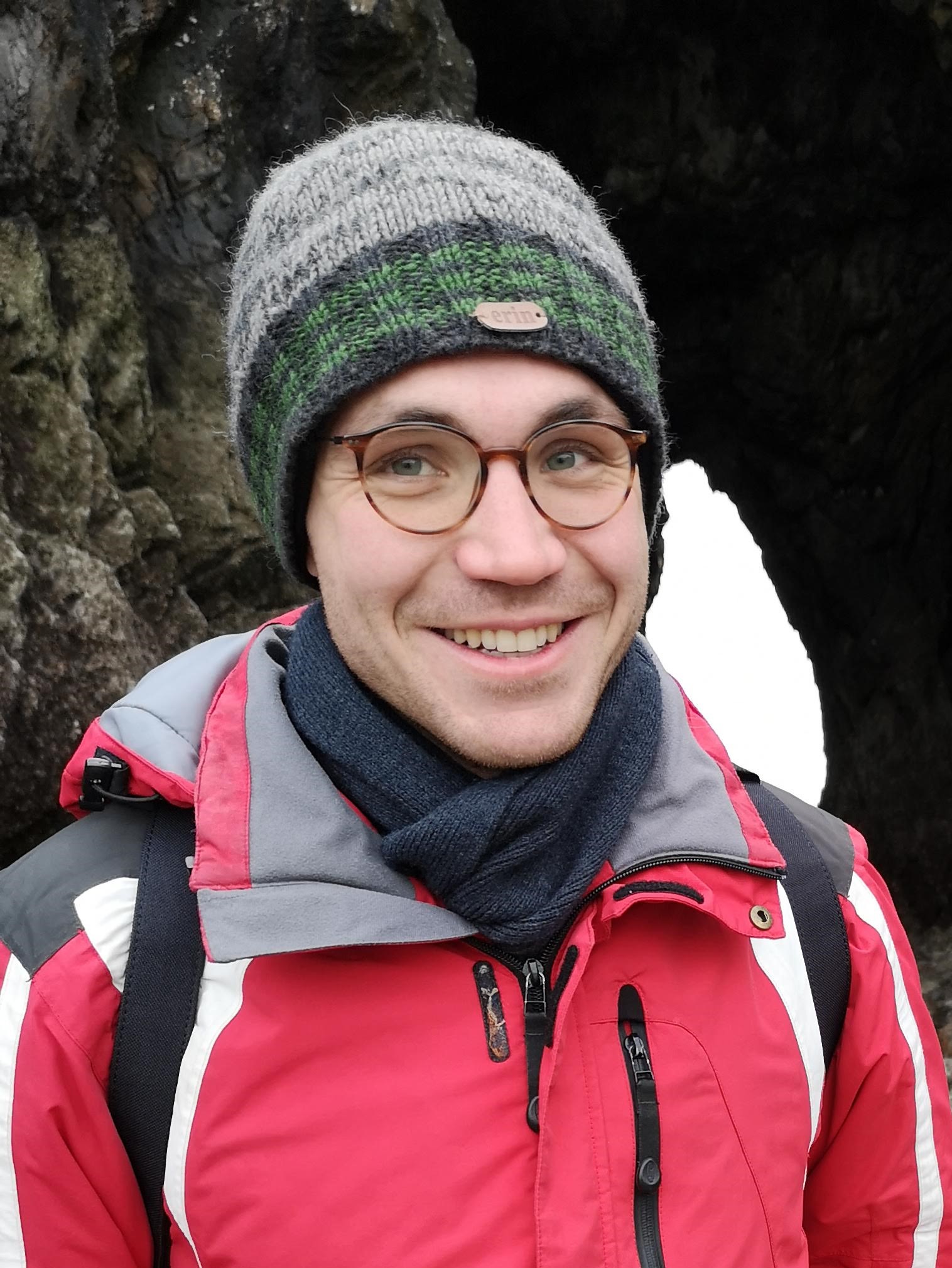
Dr. Pengxiang Zhao
Pengxiang was leading the Mobility Information Engineering Lab (MIE) from 2018 to mid-2020. He was working as a PostDoc researcher at the Chair of Geoinformation Engineering at ETH Zürich. He was involved in COMMIT, SCCER Mobility, and the SBB Green Class project.
His research interests mainly lie in urban mobility, trajectory data analysis and mining. In particular, he focuses on exploring and analyzing human mobility patterns from massive trajectory data and related contextual data based on machine learning and data mining methods.
Methodological focus: Geographical Information Systems (GIS), movement data analysis, machine learning and data mining

Dr. Christian Sailer
Christian was a PhD student at the Chair of Geoinformation Engineering at ETH Zürich. He was working on the OMLETH project funded by the Innovedum program of ETH, which had the goal of building a learning management system prototype to explore new ways of teaching and learning by location-based mobile learning.
He is mainly interested in mobile human-computer interaction methods of learning and teaching across multiple contexts and locations. He focuses in particular on exploring and understanding the key parameters of designing learning modules, in order to enhance the learning progress.
Methodological focus: Geographical Information Systems (GIS), Educational location-based information and communication technology, visualization and analysis of educational spatio-temporal data
More info at christiansailer.ch.
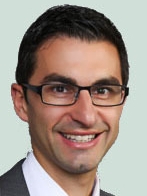
Dr. David Jonietz
David led the Mobility Information Engineering Lab (MIE) from 2016 to 2018. At the time, he was working as a PostDoc researcher at the Chair of Geoinformation Engineering at ETH Zürich. As a spatial data scientist and mobility researcher, his area of expertise lies in the intersection between geoinformatics and GIS, data science, and mobility studies. In particular, he focuses on how machine learning and data mining methods can be used and adapted to analyse mobility behaviour based on large trajectory datasets.
Methodological focus: Geographical Information Systems (GIS), movement data analysis, machine learning and data mining, geosimulation, agent-based models (ABM), network analysis and routing, Location-based Services (LBS)
